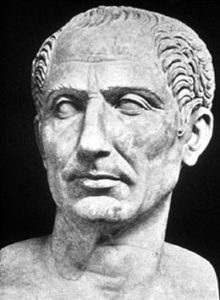 The Passover Seder is the retelling of our passage from slavery to freedom, our defining central journey. We begin the Seder by opening the door to say, “All who are hungry, come and eat. All who are needy come and celebrate Passover with us.” This is the night that we are seated around the table, friends and families, to narrate our history as a people. We raise the matzah plate and recite, “This is the bread of poverty that our ancestors ate in the land of Egypt.”
The Passover Seder is the retelling of our passage from slavery to freedom, our defining central journey. We begin the Seder by opening the door to say, “All who are hungry, come and eat. All who are needy come and celebrate Passover with us.” This is the night that we are seated around the table, friends and families, to narrate our history as a people. We raise the matzah plate and recite, “This is the bread of poverty that our ancestors ate in the land of Egypt.”
The exodus powerful narrative has produced enduring timeless Jewish values of care, compassion and justice as foundational and compelling. In some communities it is customary to put an empty plate on the table to remember those less fortunate, those who are suffering, those in need of shelter, the homeless and the hungry. We who follow the custom, place pledges on the plate and commit to do a mitzvah of our choice to alleviate suffering in the coming year.










